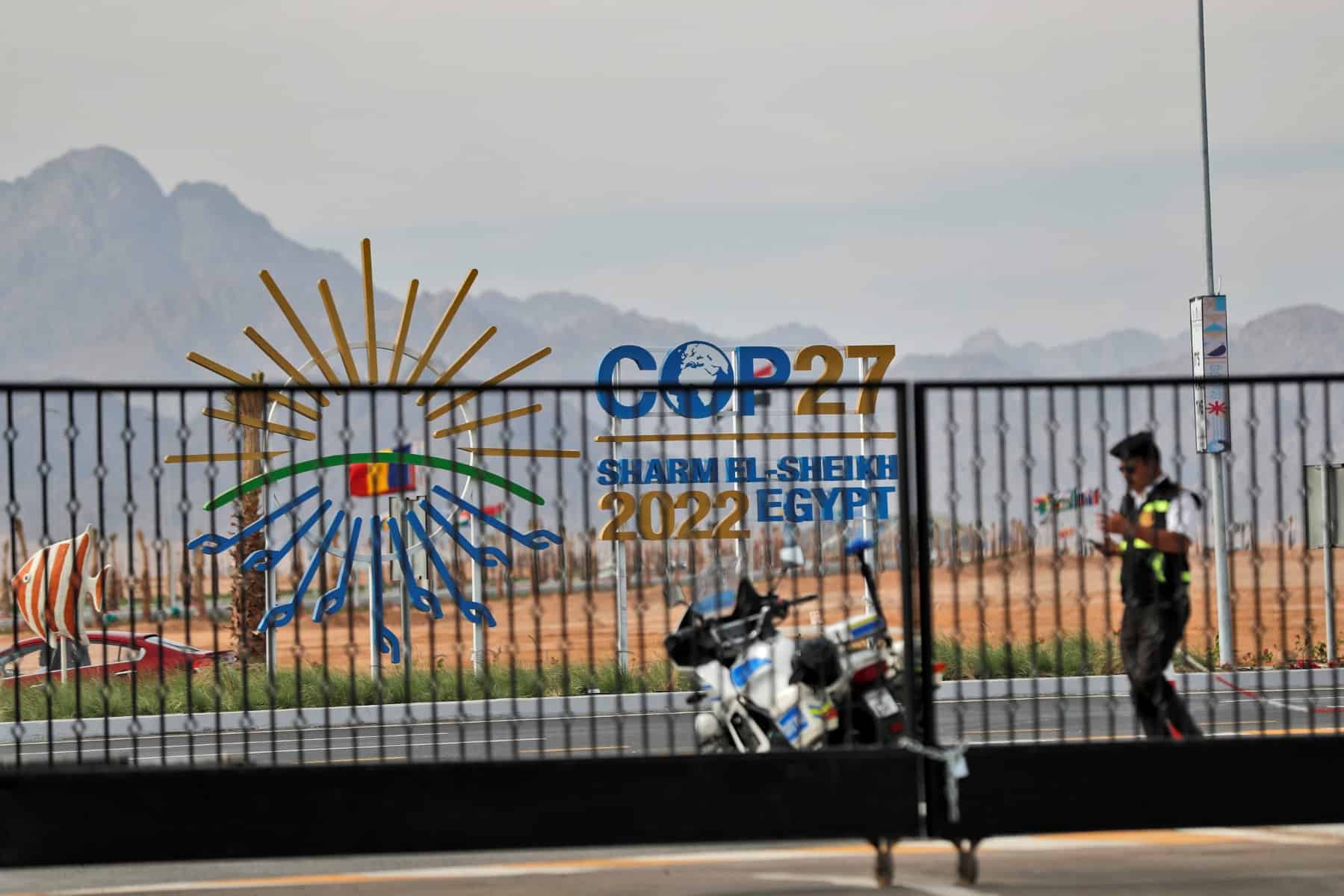Sharm el Sheikh, Egypt – Israel and Jordan agreed Thursday at a UN climate meeting in Egypt to clean up the polluted Jordan river, an essential waterway suffering under decades of pollution and drought.
The Memorandum of Understanding inked at the COP27 stresses the need to rehabilitate the river system which, experts say, has lost roughly half of its biodiversity.
Israel’s environmental protection minister, Tamar Zandberg, called the pact “an expression of the close relationship… between the two countries”.
“Cleaning up the hazards, restoring the flow of water and strengthening the natural ecosystems of the Jordan River will … help us prepare for the climate crisis.”
Jordan’s Minister of Water and Irrigation Mohammed al-Najjar voiced hope the accord would improve livelihoods and provide “more water for residents on both banks of the Jordan River, including the Palestinians,” according to a statement on the official Petra news agency.
Jordan is one of the world’s most water-deficient countries, suffering from extreme droughts, and water cooperation with Israel long pre-dates the 1994 peace deal between them.
Despite having diplomatic ties, Jordan and Israel have often had fraught relations, especially over Israeli policies towards the Palestinians — tensions that have hindered environmental cooperation.
EcoPeace Middle East — a civil society group that works to promote environmental cooperation between Jordan, Israel and the Palestinians — praised the deal, saying that “Jordan River rehabilitation is a critical climate adaptation”.
A cleaned up river can also offer jobs in tourism and to host pilgrimages as the river is “holy to half of humanity,” an EcoPeace statement said. Christians believe Jesus was baptized on the Jordan’s bank.
The Israel director for EcoPeace Middle East, Gidon Bromberg, stressed the need for follow-up action.
“The challenge ahead is to get the financing needed from the international community, especially for Jordanians and Palestinians to build the several sewage treatment plants and networks needed to get the sewage out of the river,” he told AFP.








